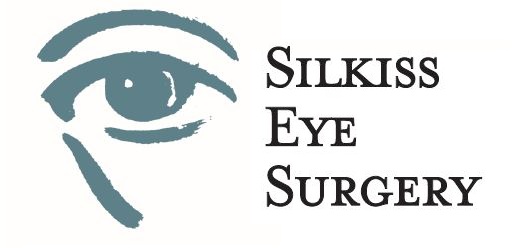COSMETIC SURGERY
Upper Eyelid Blepharoplasty
(Eyelid Lift)
Lower Eyelid Blepharoplasty
(Lower Eyelid Bags)
Asian Eyelid Surgery
(Double Eyelid)
NON-SURGICAL COSMETIC OPTIONS
RECONSTRUCTIVE SURGERY
Ptosis (Drooping Upper Eyelids)
Eyelid Malpositions
(Ectropion & Entropion)
Eyelid Skin Cancer
and Reconstruction
Chalazion, Stye, and Skin Tags
Tearing and Lacrimal System
(Tear Duct)
Thyroid Eye Disease
(Graves' Disease)
Prosthetic Eye &
Eye Socket Surgery
Congenital Ptosis and Pediatric Conditions
Facial Paralysis (Bell's Palsy)
Benign Essential Blepharospasm (Eyelid Spasms)
Trauma (Eyelid Lacerations &
Orbital Fractures)
THYROID EYE DISEASE
(GRAVES' DISEASE)
Thyroid disease, also called Graves' disease, may cause several eye deformities including:
Eyelid retraction - the upper eyelids rest too high, and/or the lower eyelids rest too low on the eye
Proptosis (Exophthalmos) - the eyes bulge forward
Lagophthalmos - eyes cannot close all the way
Graves' disease is an autoimmune disease. We do not know what causes it. Seeing an endocrinologist for management of thyroid hormone levels is important. However, normalizing thyroid levels does not necessarily result in an improvement of the eye deformities caused by Graves'.
THYROID EYE DISEASE TREATMENT
There is usually an active phase of thyroid eye disease, when the deformities worsen. Eventually, the disease will plateau and "burn out". If the disease causes enough swelling, it can compress the optic nerve, resulting in blindness if untreated. In this situation, strong anti-inflammatory medications may be given, or emergent surgery performed to decompress the orbit.
If the vision has not been effected, the optimal time to treat thyroid eye disease is after it has passed the active phase and "burnt out", and the deformities have stabilized. Mild symptoms may be managed conservatively with topical eye drops and lubricants. About 20% of patients may require surgical treatment. Surgery for thyroid eye disease is usually performed in a step-wise fashion, first treating the proptosis (eye bulging), then any eye-motility problems (strabismus), and then treating eyelid problems such as eyelid retraction.
Orbital decompression is performed in the operating room under general anesthesia. Bone is removed from the orbit (eye socket) and excess orbital fat is removed to allow the eye to sink back into a more natural position. Patients usually stay overnight in the hospital for observation, and go home the following morning.
Eyelid surgery such as eyelid retraction repair and treatment for lagophthalmos are performed under sedation. You may expect to go home on the day of surgery.
Our doctors will discuss their assessment with you and go over your personal plan and what to expect after surgery during your preoperative visit.

